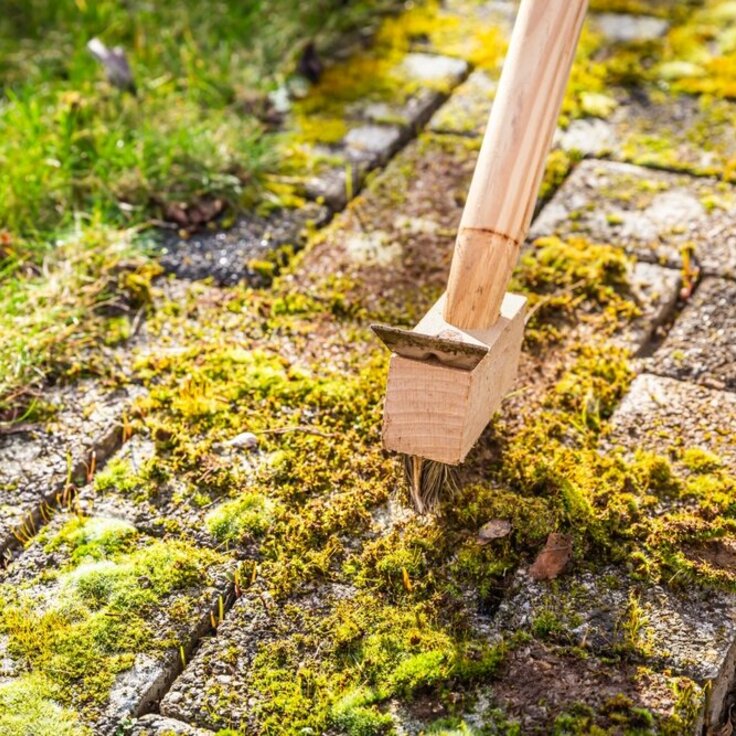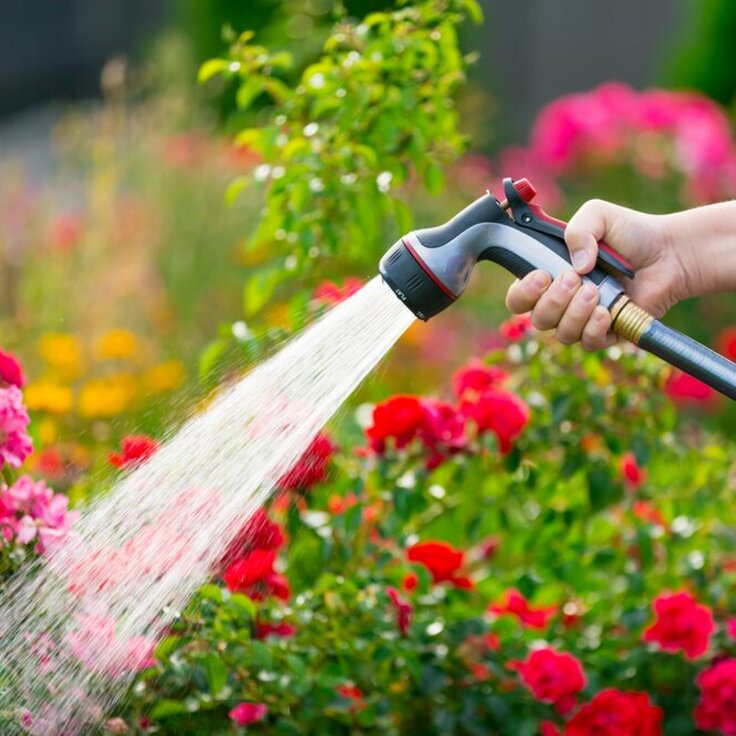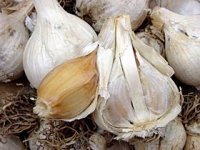Growing Citrus
Citrus are long-lived plants that can be an asset to the landscape and the table. They thrive in our climate zone, so there is absolutely no reason not to have fresh lemons for your kitchen or limes for your G & Ts. And there is nothing sweeter than the scent of citrus blossoms!
The main thing you need to keep in mind is that the roots need to be kept moist during the active growing season, which is February through October. This is when the plants produce new foliage and blossoms. To keep citrus happy during the summer months, mulch around the base of the tree, leaving a few inches clear from the trunk. Anything will work for mulch, including thick pads of newspaper or ground bark.
Citrus are heavy feeders, but if fed regularly they will reward you with an abundance of fruit. Provide citrus trees with a midsummer boost to ensure a crop of flowers. Dibble a citrus-specific fertilizer into the soil around the drip line, and water it in well. Keep citrus trees watered during hot weather. Also, citrus will often produce a heavy crop every other year, taking a break between, so don't get discouraged if your tree doesn't perform consistently.
Common Problems
- Citrus are especially susceptible to scale insects and whiteflies. Keep the foliage clean by washing the plants when you water, and don't forget the undersides of the leaves.
- Rodents can also be a problem, stripping the bark off the trunk. Use copper foil tape around the base of the trunk to prevent this.
- Fruit drop will occur if there is a sudden, dramatic change in temperature or if the soil goes dry during fruit set.
- Some people complain that their citrus is not sweet. This is usually a problem in younger trees and will correct itself as the tree matures over time.
- Sunburn is a problem in young trees. If you find that the bark is peeling, try wrapping the trunk in white cotton cloth until cooler weather sets in.
Pruning
Prune to keep the trees low so you can reach the fruit. Some citrus will send up an abundance of "water sprouts." Cut these back to keep the tree compact. Try not to expose the trunk to the sun with heavy pruning. Also, remove any suckers growing from below the graft. Citrus are easy to train as espalier and they grow very well in containers.
Read more from The National Gardening Association








